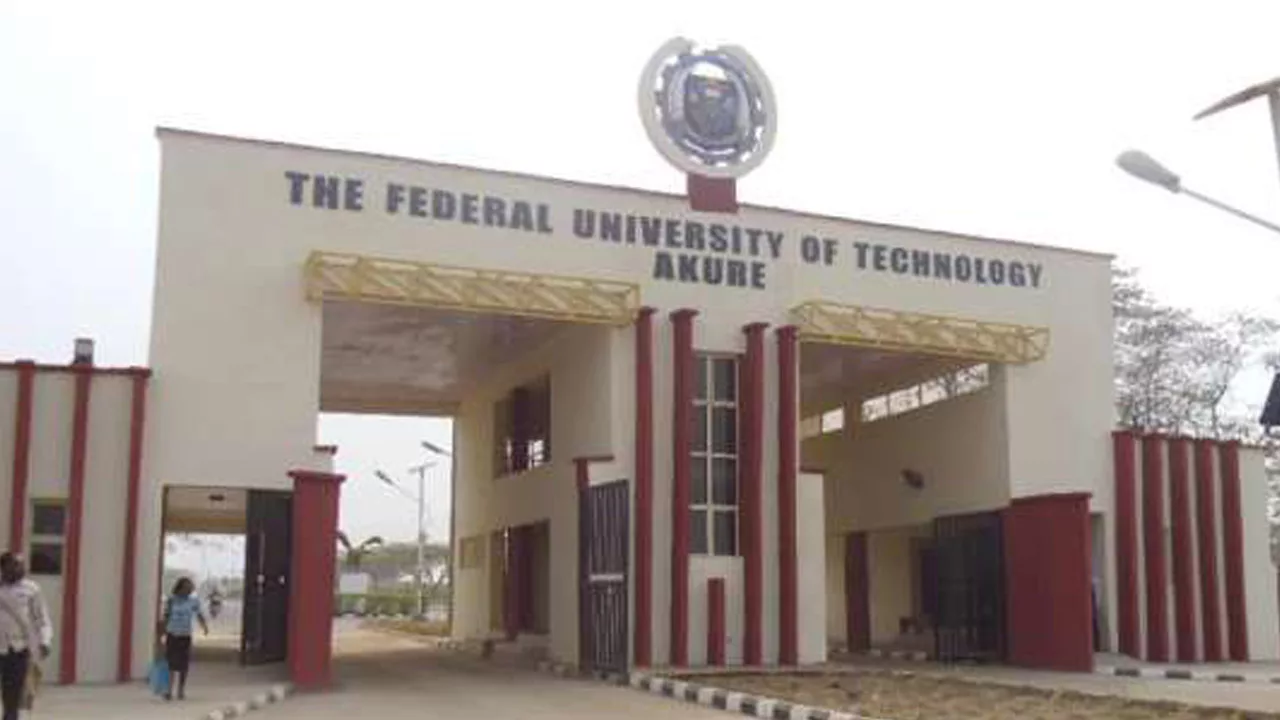The Senior Staff Association of Nigerian Universities (SSANU) has expressed concerns over appointing Vice-Chancellors in Nigerian universities, stating that the federal government has reduced the process to a mere “constituency project” rather than a merit-based selection.
SSANU also criticised the chronic underfunding of universities and inter-university centres, warning that institutions meant to be citadels of learning now resemble local government secretariats due to neglect.
The association also decried the deplorable Nigerian roads, asserting that the country’s road infrastructure is worse than those in Rwanda and South Sudan.
Speaking at the 50th Regular National Executive Council (NEC) meeting held at the Federal University, Otuoke, Bayelsa State, SSANU’s national president, Comrade Mohamed Haruna Ibrahim, said the government must commit to higher education.
Comrade Ibrahim lamented the severe funding shortfall plaguing Nigerian universities, stating that even personnel costs are inadequately covered.
“We have said it before, and we will repeat it: the government is not serious about education in Nigeria, especially university education.
Funding is at its lowest ebb; previously, the challenge was mainly capital funding, but now, even personnel costs are not adequately funded.
How can universities function without adequate financial support? Teaching, research, and community service are the core mandates of any university, yet none of these can be effectively carried out without proper funding”, he said.
He stressed that Nigerian universities should attract top scholars and staff from around the world, noting that an ideal university should be diverse, with faculty and staff from various national and international backgrounds.
Ibrahim condemned the politicisation of Vice-Chancellor appointments, arguing that the selection process has become localised to the point where universities are now forced to appoint VCs from their host communities rather than the most qualified candidates.
“This is an absurd development and a significant setback for international academic standards.
To ensure competitiveness, vacancies should be open to both internal and external candidates. The recruitment of principal officers and other staff should be based on merit, not regional considerations. The current trend, where these positions are treated like constituency projects, is unacceptable,” he added.





